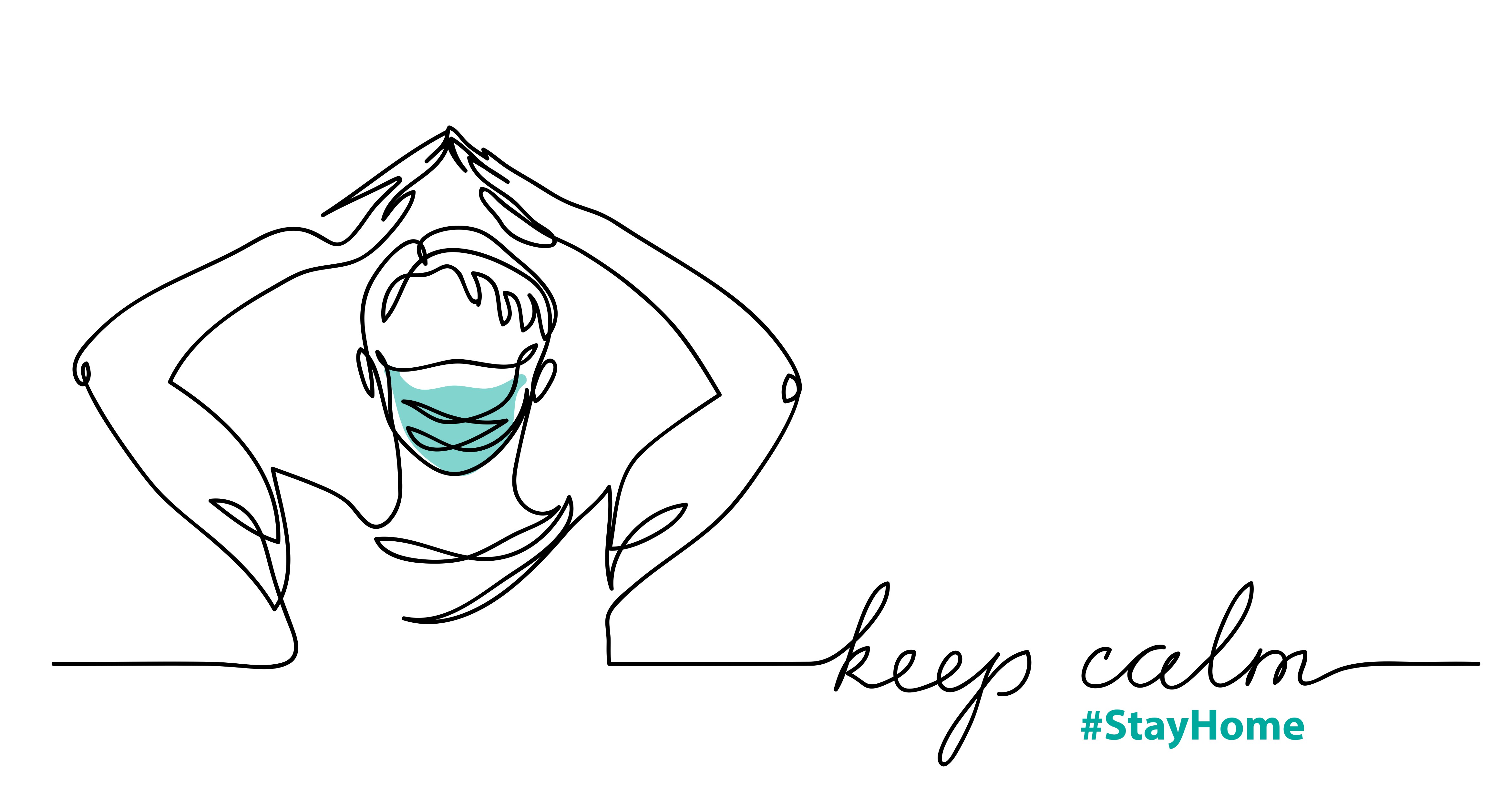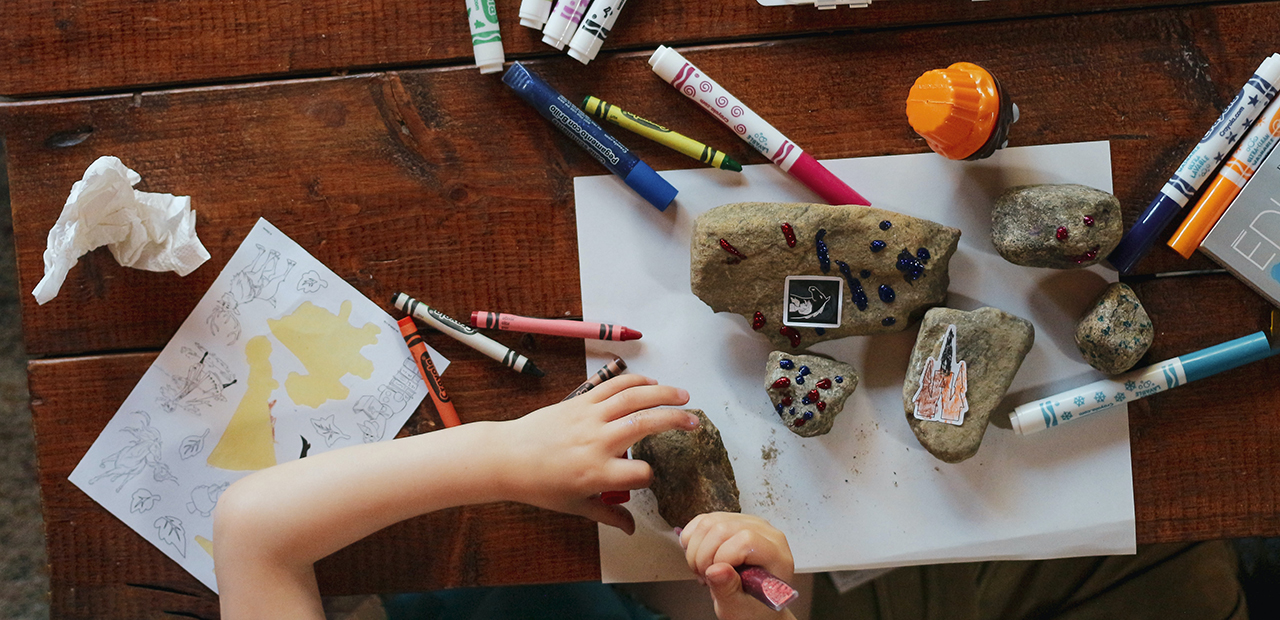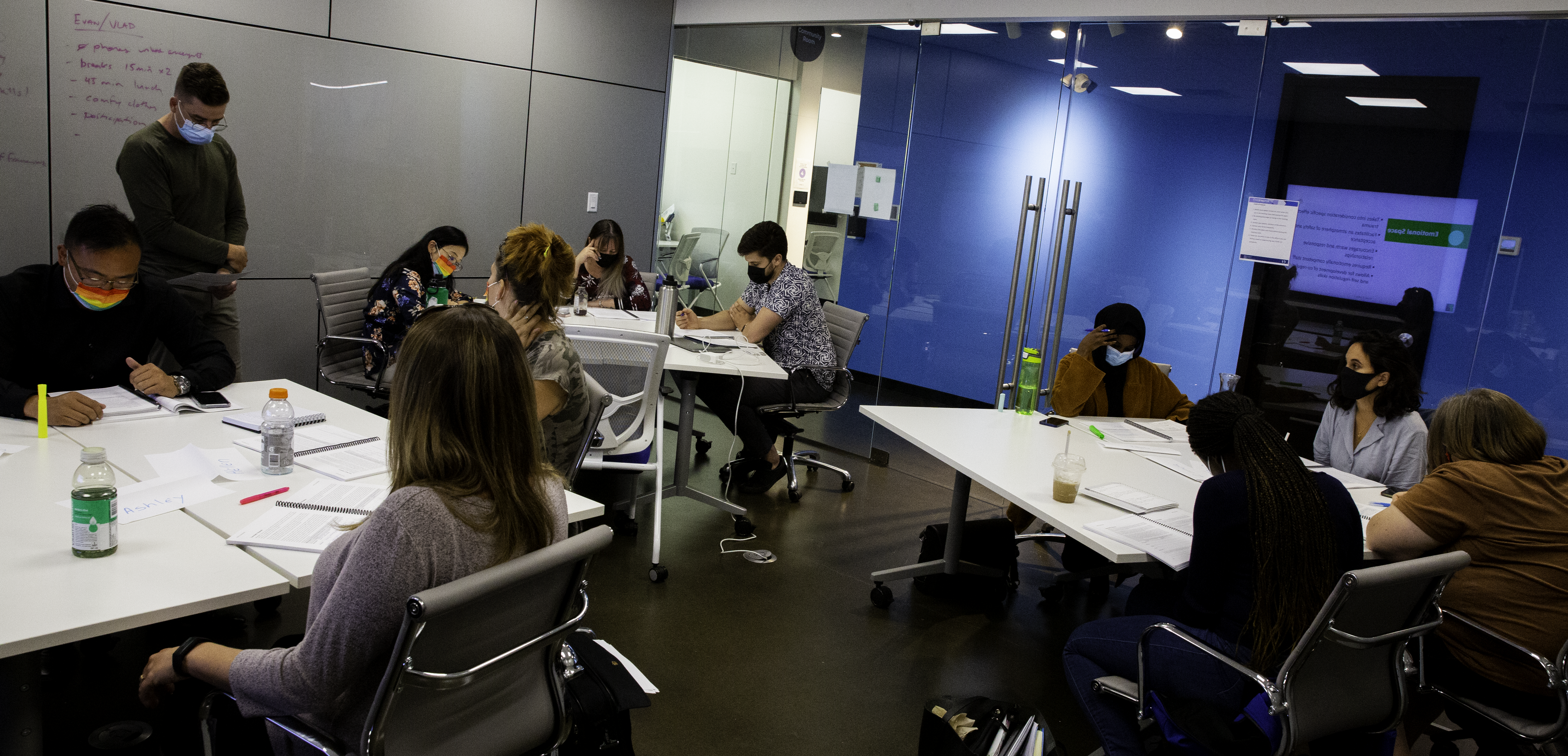Many people on the autism spectrum are often restless, impulsive, and lack the ability to focus their attention, and suffer from various anxiety related issues as a result of this. 40% of young people with ASD have clinically elevated levels of anxiety or at least one anxiety disorder, compared to 15% in the general population.
Because of all the challenges that people with ASD face, the increased levels of stress often lead to increased levels of anxiety as well. Difficulties in social situations, inability to effectively communicate thoughts and feelings, and issues with problem solving result in anxiety.
Oftentimes, anxiety can be dealt with using simpler methods like taking a deep breath, meditating, or sitting back and refocusing. However, with anxiety disorders, difficult situations become progressively harder to overcome. Because most of this has to do with the brain and mental thought processes, CBT (Cognitive Behavioural Therapy) and other psychological treatments are effective in helping treat anxiety disorders.






